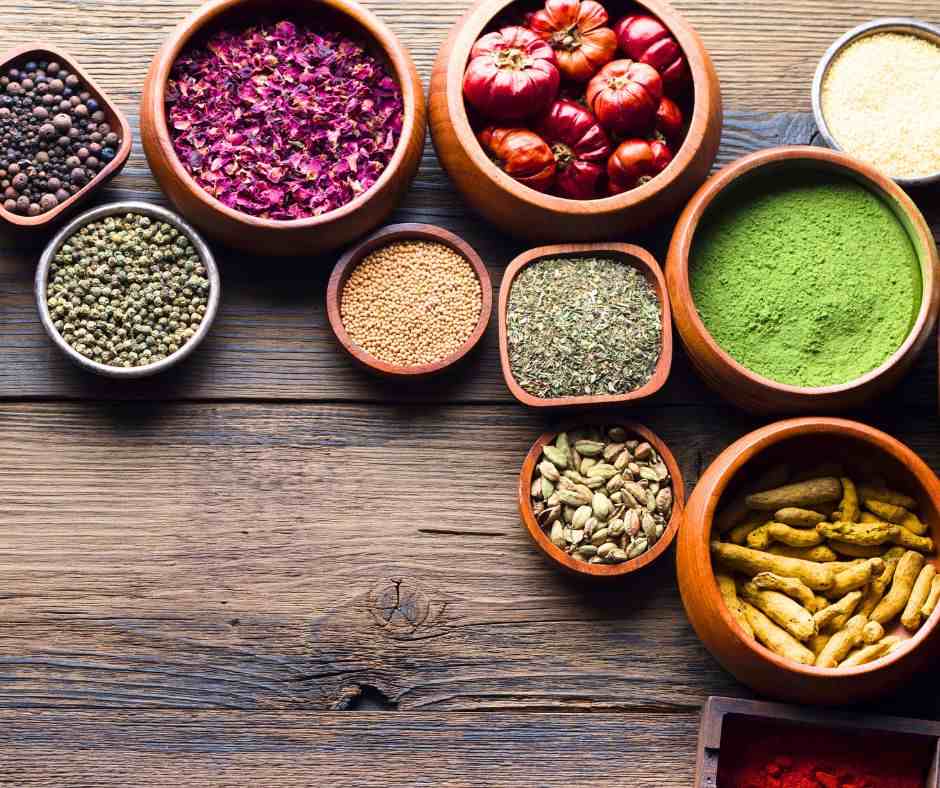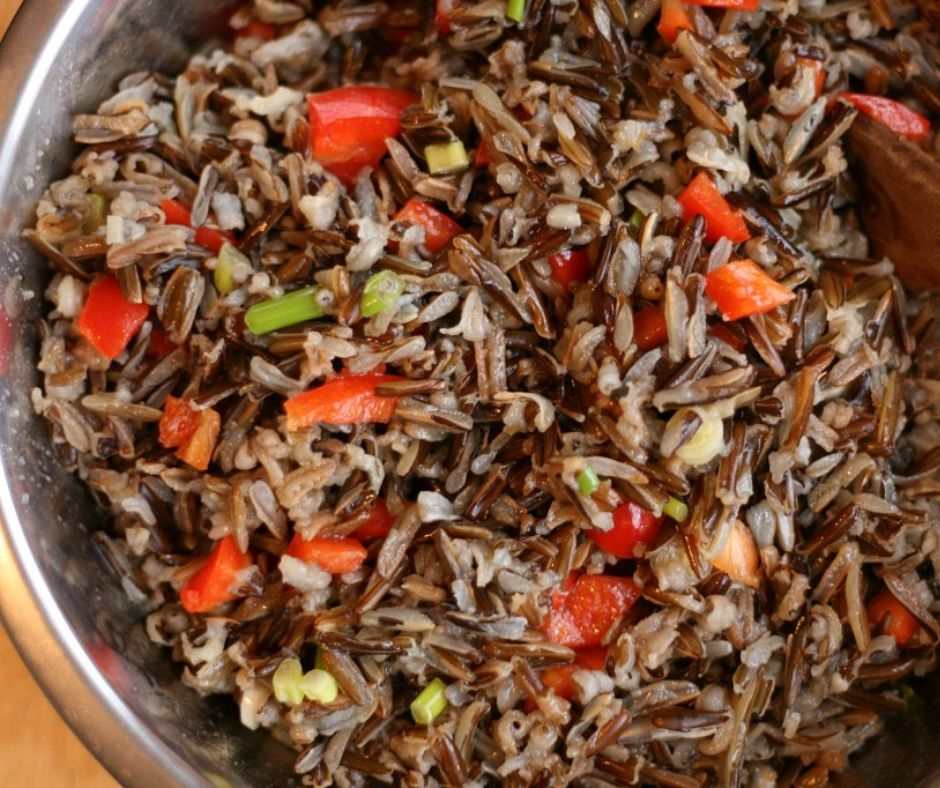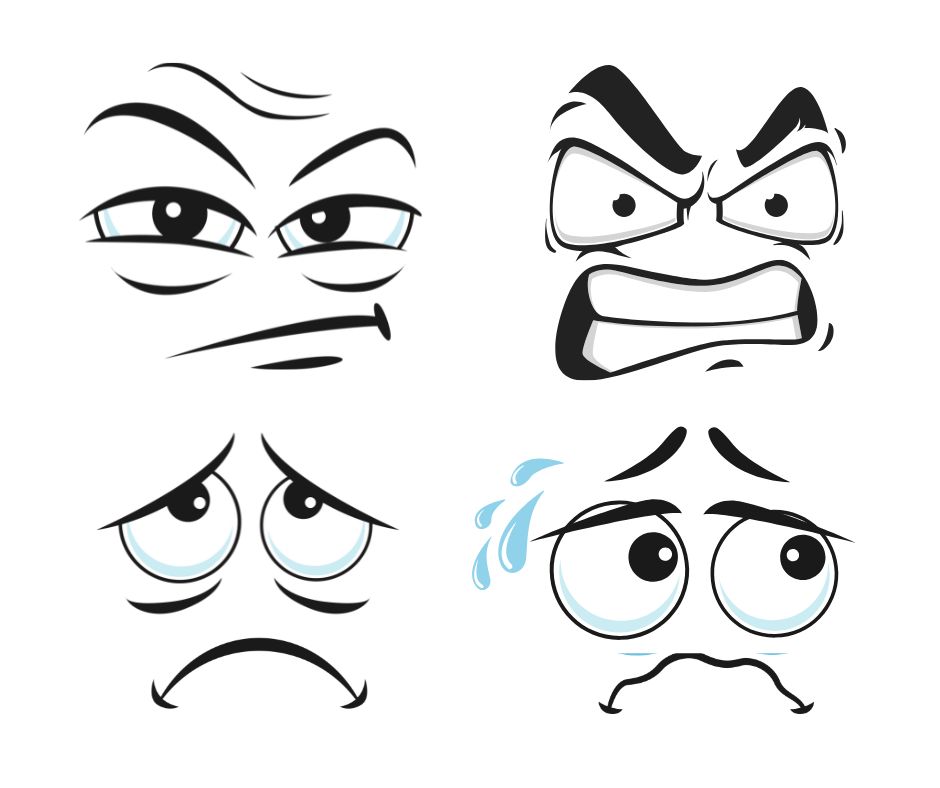Winter is a time of quiet reflection. As the days grow longer and darker, it’s natural to move slower, be softer, and turn inward. However, the darker winter days can also be when your mood resembles the cold and dark outer environment. For many people, along with depression can come apathy, sluggishness, and food cravings. To make matters worse, these symptoms can be extreme after overextending yourself during the holidays.
Feeling down during wintertime is sometimes called “seasonal affective disorder” (SAD). One theory regarding wintertime depression is that winter days have less sunlight, which can lead to imbalances of the hormone melatonin. This affects your internal body clock, or circadian rhythms, and gives rise to mood and sleep changes, among other concerns.
If your depression lasts longer than the season, if it feels extreme or overwhelming, or if exposure to light doesn’t seem to help, speak with your health practitioner, as there may be other conditions to rule out.
Try the suggestions below, and if you want to learn more about healing your wintertime blues be sure to check out Calm and Renew my annual online program.
Light Exposure, Time Outside, and Exercise
Sunlight exposure and spending time outside can significantly impact wintertime blues. Plus, the mood-enhancing benefits of exercise are very well-researched and documented. Go for a walk or spend some time outside at least once a day. If the weather limits your options to get out, exercise at home or a gym. Get natural light on your skin and in your eyes through a sunny window. You could also use a “SAD lamp,” preferably first thing in the morning.
Reduce Stress and Support your Immune System
Getting stuck in survival mode can lead to a whole host of consequences. High stress levels and chronic activation of the body’s stress response can impact mood and the immune system.
Use adaptogenic herbs to balance, support, and calm the body’s stress systems. Adaptogens are a class of herbal medicines that help protect the body from the effects of stress. They are well-known regulators; they help you adapt to a changing environment. They’re also known to be some of the safest and non-toxic herbal medicines available and are especially good for long-term use. Check out a few adaptogenic herbs for stress here.
Include high-quality probiotics. There is significant growing evidence that an unhealthy gut microbiome can lead to minor and major disruptions in mood, including depression. Increase healthy gut flora by taking a quality probiotic supplement and by eating fermented foods like sauerkraut, kimchi, organic full-fat yogurt, and kefir.
Drop into the Deep River of Rest
The winter season provides a timeless space where you can stop and drop into what is most important. In traditional Chinese medicine, winter is related to the element of water. Use this season to feel into the deep undercurrent of your own life. What is most important? Focus on that.
Winter is also a time to restore your deepest resources. Have you given yourself any time for retreat, however small? Why are you working so hard? You’ve done enough. Let yourself be held in rest this time of year. Running on empty without time to replenish is a recipe for disaster.
Sleep is essential at all times of the year, but especially during the winter. Ideally, wake up and sleep at a similar time every day. This will help support and regulate your circadian rhythm. It isn’t easy to attune to the slower pace of winter when on a caffeine buzz. Caffeine can also be a big disrupter of sleep, so don’t overdo it and finish any caffeine you consume early in the day. Learn more about sleep and herbs for sleep here.
Balance blood sugar
The highs and lows associated with an imbalance of blood sugar can be pretty damaging over time, resulting in inflammation, higher levels of cortisol (the stress hormone), moodiness, and weight gain. Even if you eat a fairly healthy diet, you may have higher-than-healthy blood sugar levels due to eating too much processed or sugary food.
Reduce high-sugar and carb foods and opt for high-quality proteins and healthy fats. Some foods and snacks to consider are nuts and seeds, hard-boiled eggs, hummus with veggies, and almond butter. Learn more about natural remedies for balancing your blood sugar here.
Additional Supplements
Omega 3 fatty acids and St. John’s Wort have both shown very positive results in treating depression. Learn about herbs for depression here.
Want to learn even more about healing your low mood naturally? You’ll definitely want to check out my annual online program Calm and Renew.








